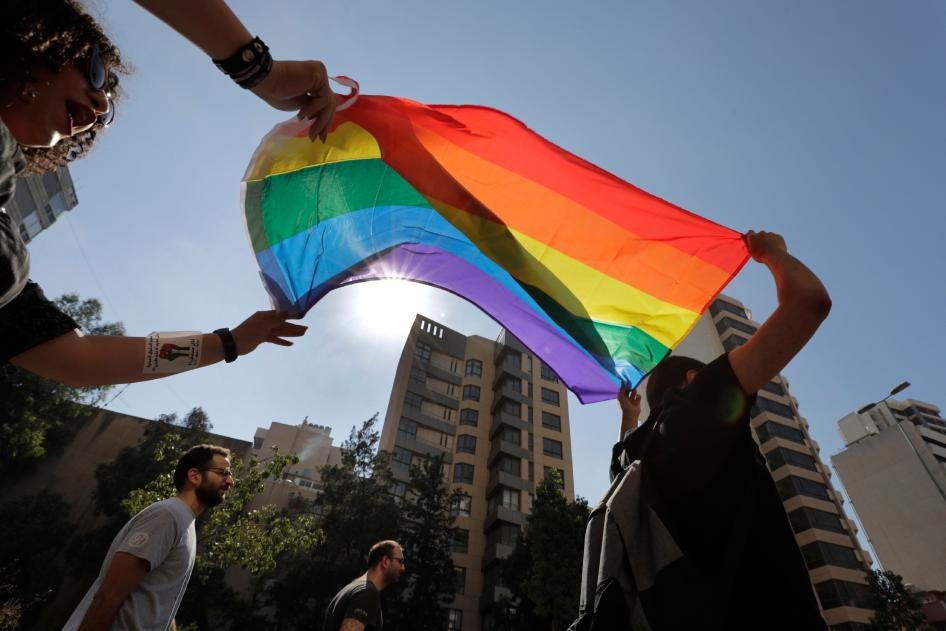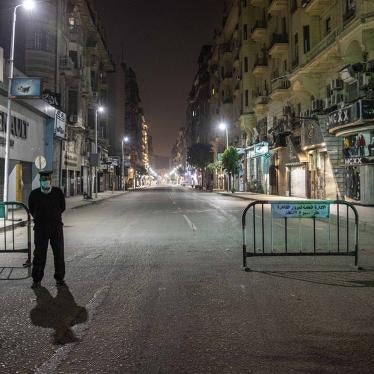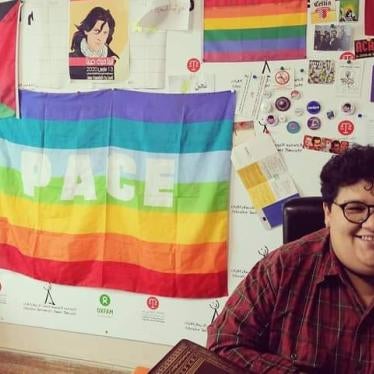When I met a former independent Lebanese parliament member, she asked me, “How can we mobilize the LGBT vote in Lebanon?” She wanted to understand why the Lebanese “LGBT community” had not voted as a block in the 2018 parliamentary elections to oppose sectarian political parties.
Her question made a common, but misguided, assumption—that one aspect of identity overrides all other factors, including class and sectarian allegiances, patriarchal dominance, and social inequality. In Lebanon, for example, a poor queer woman will most likely vote based on her more immediate economic best interests. This may mean choosing her sectarian leader, because patronage networks often entail using one’s sect to obtain basic services. She cannot be expected to choose her queerness over her livelihood.
The parliament member’s question raises a broader issue: the trouble with the phrase “LGBT community.” The term implies a coherent group identity, based solely on a shared sexual orientation or gender identity. It suggests a homogeneity that does not exist.
This is especially apparent in regions of the world in which there are sharp economic and power disparities, including in the Middle East and North Africa. Ask, say, a transgender woman in Egypt, who has struggled her entire life to find a job because of her gender expression, if she “identifies” with a rich gay Egyptian man who has the resources to live a comfortable life. Their lives rarely intersect.
While imagined communities serve a purpose, including as a political tool, the assertion that people with a shared sexual orientation or gender identity form a relatively uniform community is depoliticizing. It risks obscuring other intersecting factors that lead to stratification even within the “LGBT community.” Clearly there are issues that affect people based on identity, such as discriminatory laws and policies. But other factors need to be considered when looking at the relative impact of discrimination—almost invariably, those on the social and economic margins are most affected.
Yet, shorthand is necessary, and “LGBT” does help in discussing access to the international human rights framework. To be granted asylum, for example, a queer or transgender person must prove that the basis for their claim is experience of violence or discrimination because of their LGBT identity.
The term “LGBT community” has activist origins signaling political solidarity. But it has also become a convenient acronym in a neoliberal economy where the “LGBT community” has come to be seen as an indispensable niche market—whether for selling rainbow flags or a political candidate. It creates a false dichotomy between “‘in” and “out” groups.
This can have the unintended effect of alienating some people who do not foreground sexual or gender identity. It may make them feel that by rejecting the category, they are betraying “their people,” and by default, their supposedly essential identity. A disproportionate focus on identity as a fixed category invariably downplays structural barriers and political context.
A vivid example of the limits of an identity-based approach is Palestine, where queer activists insist on their shared experience as Palestinians, over and above solidarity as queer people. Queer and trans Palestinians with varied experiences live under discriminatory Israeli rule designed to privilege Jewish Israelis. Apartheid and parallel persecution have become the reality for millions of Palestinians, queer or not.
To speak about the Palestinian “LGBT community experience” is to isolate one aspect of reality from the broader context, which risks erasing a historical and cyclical violence that dominates Palestinians’ daily lives.
While identities are constructed, they are important to individuals and have tangible consequence. Discrimination and violence based on perceived or actual sexual orientation or gender identity are human rights violations. Across the Middle East and North Africa, the rampant policing of non-normativity of all kinds is a product of coordinated political strategies that governments deploy to maintain a status quo that serves the economic and political interests of the most powerful. These conditions yield shared experience, shaping coalitions and communities. But these trajectories should be approached as contextual, situational, functional, and strategic. Our political movements are not about naming or claiming identities for the sake of being recognized or visible to a dominant gaze. They are primarily a fight for bodily autonomy, reproductive justice, access to socioeconomic power, and free mobility. Regardless of whether we form a community, we are the actors and the affected.








